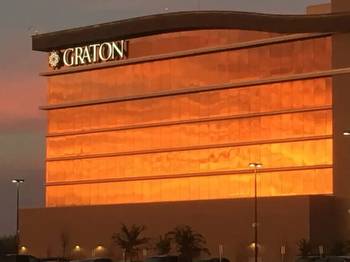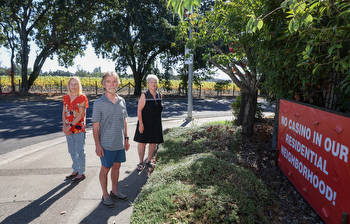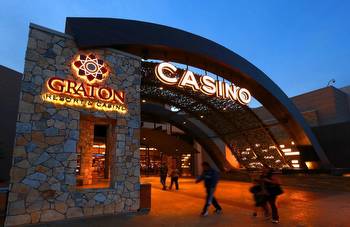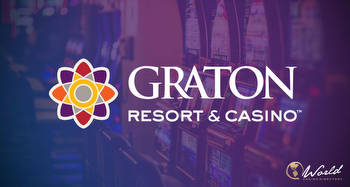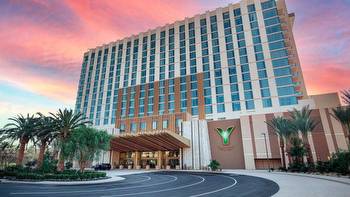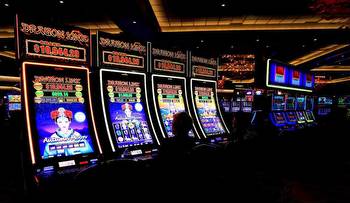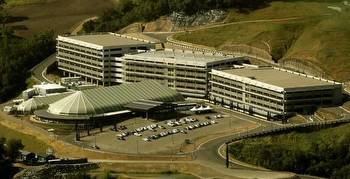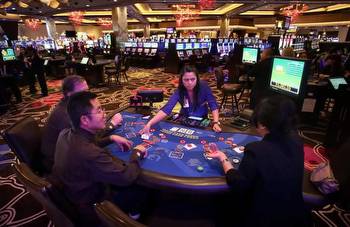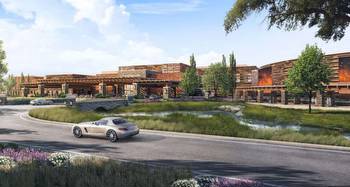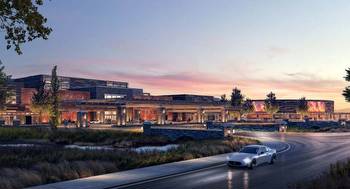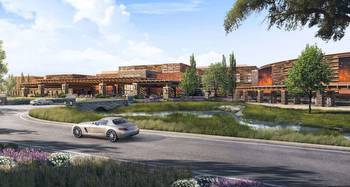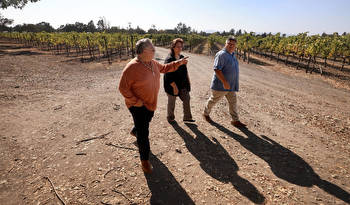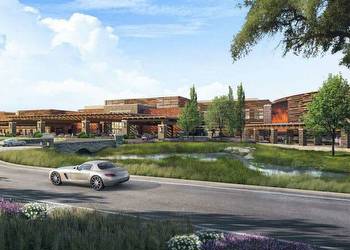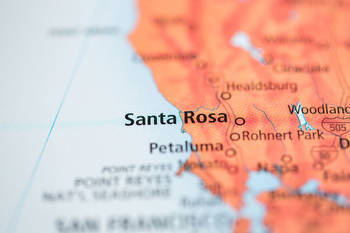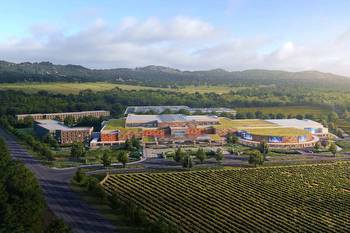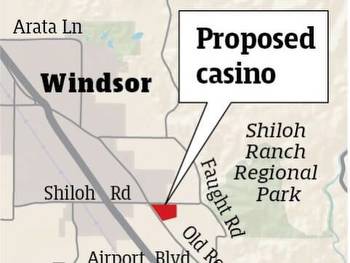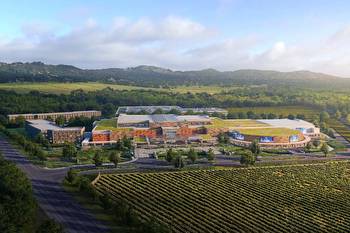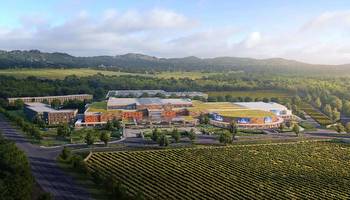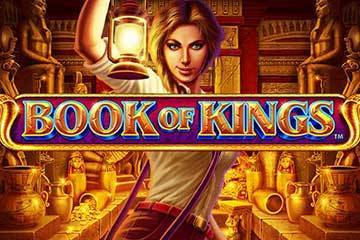Sonoma County supervisors unanimously oppose Koi Nation’s casino near Windsor

The Sonoma County Board of Supervisors unanimously passed a resolution opposing the Koi Nation’s proposed casino and resort outside Windsor while discounting the tribe’s historical ties to the county.
The 5-0 vote came without any discussion beyond a quick comment from Supervisor James Gore, the board chair, who represents much of northern Sonoma County, including the land off Shiloh Road, where the Koi Nation plans to build its planned $600 million project.
“I respectfully oppose this development, but yet I just want to thank my colleagues for doing this in the right way,” Gore said.
Gore also acknowledged the five Sonoma County tribes who have publicly opposed the Koi’s casino project. He added that he respects the Koi Nation, noting that he had a “respectful” conversation with Koi representatives after they announced their casino project last September.
According the tribe, however, neither Gore nor other top county officials notified the Koi about the resolution, which refers to their nation as a “Non-Sonoma County Tribe.”
The language mirrored letters previously submitted to the board from the Graton Rancheria, owners of the Graton Resort and Casino near Rohnert Park; the Dry Creek Rancheria, which owns the River Rock Casino near Geyserville; and the Cloverdale Rancheria.
The Kashia Band of Pomo Indians also submitted a similarly worded resolution to the county.
On Tuesday, Koi tribal representatives pointed to a statement Koi tribal Vice Chairman Dino Beltran made Monday, where he indicated the tribe was blindsided by the resolution.
The board’s resolution is the strongest opposition voiced by local government thus far to the Koi proposal, but it does not necessarily sink the casino project. It is up to the U.S. Department of the Interior to approve the tribe’s land-to-trust application and confirm that the development meets the requirements of the Indian Gaming Regulatory Act, a process that can take years.
Two residents of the Shiloh Road neighborhood where the casino is planned — Linda Williams, and a woman who identified herself only as Cassie — were the only public commentators who weighed in Tuesday on the board’s resolution.
Both women said Shiloh Road was an inappropriate location for the casino because the area is zoned for farming and homes, not commercial use.
“The existing tribes have complied and cooperated with the Sonoma County General Plan in that their locations are appropriately located,” Cassie said, referring to the Graton Resort and Casino and River Rock Casino.
The board and individual supervisors at the time also objected to those casinos, which were highly controversial when they were first proposed in the past two decades. Graton Resort and Casino, the largest in the Bay Area, opened in 2013. Twenty-five miles to the north, River Rock Casino opened in 2002.
The Koi Nation’s casino would be located about halfway between the two gaming destinations, which compete for customers from across the Bay Area and beyond. The Graton casino also has a revenue sharing agreement with Sonoma County and Rohnert Park worth millions of dollars a year for the two governments.
Williams, who said her home is about 50 feet from the proposed Koi casino site, noted that residents also are objecting to the project over public safety concerns including fire risk.
She added that the neighborhood supports the ”local indigenous tribes who have collaborated with the community and each other for decades,“ drawing a comparison to the Koi, who Williams said had not been collaborative.
“They’ve been blindsided by this proposal,” Williams said. “Just like the community have been blindsided, just like our (elected) representatives have been blindsided.”
In response to William’s comments, Sam Singer, a San Francisco-based public relations official serving as a spokesperson for the Koi, invited anyone with concerns to reach out to the tribe anytime.
“We’re sorry that individuals feel that way, but our doors are open,” Singer said. “Lines of communication have been open since the beginning and will remain that way.”
Plans for the casino include 2,500 slot and other gaming machines, a 200-room hotel, six restaurant and food service areas, a meeting center and a spa. The Koi Nation has partnered with the Chickasaw Nation, a much larger tribe that owns 23 casinos in Oklahoma.
The Koi Nation is one of 109 federally recognized Indigenous tribes in California and is part of the Southeastern Pomo people. Most of its 90 members live in Sonoma County.
Koi tribal officials have said their ancestors were forced from their land by a pattern of genocide, enslavement and diseases that devastated the Pomo people and other tribes. Two federal treaties struck by the tribe were not honored and the tribe’s former rancheria in Lake County was uninhabitable, according to Beltran, the tribe’s vice chairman.
You can reach Staff Writer Emma Murphy at 707-521-5228 or emma.murphy@pressdemocrat.com. On Twitter @MurphReports.
EDITOR’S NOTE: This story has been revised to note that the Koi Nation is part of the Southeastern Pomo people. An earlier version contained inaccurate geographical reference.








